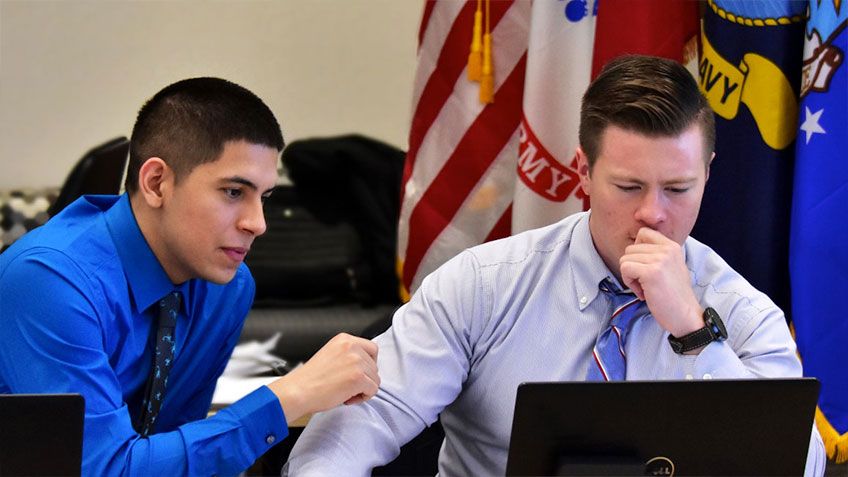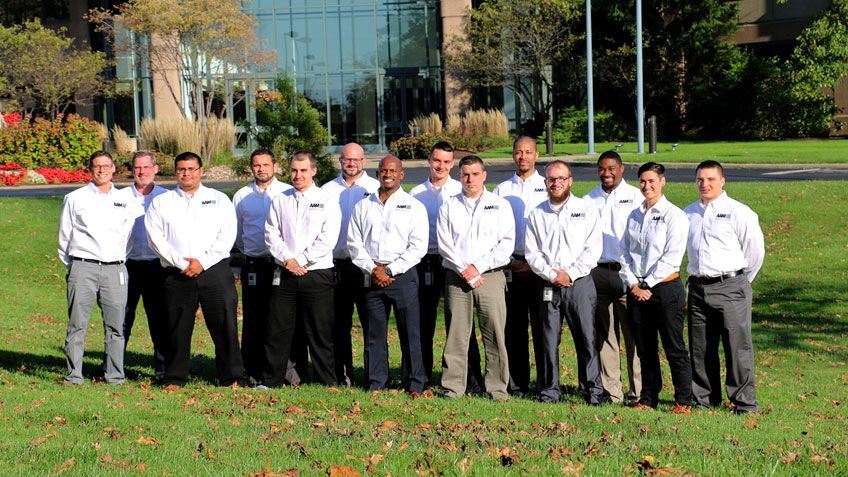This situation can create a difficult transition for service members. The result can be unemployment, underutilization or the inability to transition much-needed skills to add value in an organization.
A report from the Call of Duty Endowment and ZipRecruiter finds many military veterans are struggling to find meaningful employment after service. This, despite 59% of employers in the survey stating that veterans perform "better than" or "much better than" their non-veteran peers; that 55% see veterans as a positive asset for their companies; and that "experience" and "perseverance and/or work ethic" top the list of desirable qualities employers see in veterans.
Addressing Underemployment
The same report found that veterans tend to leave their first jobs after military service faster than non-veterans, but veteran turnover is lower throughout the arc of a veteran’s career.
What this says to me, and what I’ve personally experienced, is that immediately following military service, veterans take the first job available, rather than finding a ‘best fit’ role. The good news: When they find the right fit, across their entire careers, veterans stay longer at their jobs.
As a manager with 30 years of career experience, three things have made a difference for me – and I believe these will make a difference for veterans and the people who manage them:
1. Think about your career (long-term) and not just one job (short-term).
- Veterans: Where do you want your career to go in the next five or 10 years? Remember, the military career path is different. In industry you can grow your career with different jobs, companies and even industries.
- Managers: That’s a difficult concept for someone who might have had many jobs but for one employer. Talk to your veteran employees about options other than the next rung on the ladder.
2. Talk with your peers.
- Veterans: You had tight network (some call it a family) in the military. That’s not exactly the type of culture you should expect in a big company, but you will have colleagues and peers. Instead of command and control there is consultation and collaboration.
- Managers: You have peers, too, and if a veteran is underemployed maybe one of them has a position that would better utilize his or her skills. What coaching could you offer about moving within the company so you retain talent and improve employee engagement and satisfaction?
3. Enlist mentors.
- Veterans: You are natural leaders. If you feel underutilized, you can find fulfillment and provide service by mentoring others. It’s also great experience.
- Managers: Consider the skills a veteran brings to the team (leadership, teamwork and the ability to handle pressure, just to name a few). How can others benefit from this coaching?


